Kaiserschamarren (also ‘Kaiserschmarrn‘) is also known as ‘Emperor’s mess’ or ‘Imperial omelette,’ and it would not be unreasonable to assume that this fluffy, shredded pancake takes its name from the Austrian emperor Franz Joseph I (1830–1916), who was known to be rather fond of it.
However, a deeper dig into history tells us that ‘schmarren‘ was a centuries old rustic dish beloved of alpine herdsmen and woodcutters. The recipe called for, milk, eggs, flour and lard, and was cooked over an open fire. In this context, ‘Kaiser‘ may actually be a derived from ‘Kaser,’ which is an old-fashioned word for an alpine dairyman. Alternatively, the term may be derived from ‘Casa,’ meaning house.
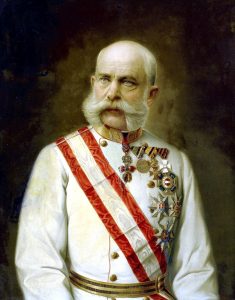
Franz Joseph I (1830–1916), Emperor of Austria, King of Hungary, and massive fan of Kaiserschmarren
Originally considered to be peasants’ fayre, it wasn’t until the 18th century that the gentrification of the simple schmarren began. New variations began to appear, such as ‘Kaiserschmarren mit Zwetschkenröster‘ (stewed plums), which has endured to this day as the classical Austrian edition.
Regardless of any earlier possible origins of the word ‘schmarren,’ it was common practice by the 19th century for Austrian chefs to add the imperial prefix ‘Kaiser‘ to any dish considered to be suitably exquisite for the tables of nobility. We may never actually discover the truth regarding the origins of this popular pudding that is served in mountain huts and restaurants across Austria, as well as the neighbouring countries of Germany, Hungary and Switzerland. But, this should not detract from its popularity, either as the concluding chapter to a lunch on the pistes, or, as it is in the Nosey Chef southern household, as a popular weekend breakfast.
Kaiserschmarren
Ingredients
- 4 eggs
- 100g caster sugar
- 125ml milk
- A pinch of salt
- 126g plain flour
- A few drops of vanilla essence
- 1 knob of butter
- 2 tbsp caster sugar
- Icing sugar to dust
- Grated orange zest to garnish
Instructions
Set the oven to 180ºC.
Separate the eggs. Beat the yolks with the sugar, using a food mixer until doubled in volume. Add the milk, salt, flour and vanilla essence. Mix to form a thick batter.
Whisk the egg whites into stiff peaks. This can be done with a food mixer, but I prefer to do it by hand, as this gives a better feel, and reduces the likelihood of over beating – a situation that cannot be rectified. Fold the beaten egg whites into the batter.
In an oven proof frying pan, heat a knob of butter until it begins to froth. Pour in the pancake batter and cook over a low heat. It is important to do this slowly and avoid burning the pancake. Once the pancake has begun to firm up, turn it over carefully using a spatula.
Place the pan in the oven and cook for about 20 mins until golden brown. Remove from the oven and shred into strips using two forks.
Place the butter in the pan and sprinkle over the caster sugar. Put the pan over a moderate heat and stir until the strips are coated in the lightly caramelised mixture. Sprinkle with icing sugar and orange zest.
Serve in the pan piping hot, in the middle of the table to share.
Notes
The traditional accompaniment is stewed plums or 'Zwetschkenröster.' A popular variation also includes raisins.

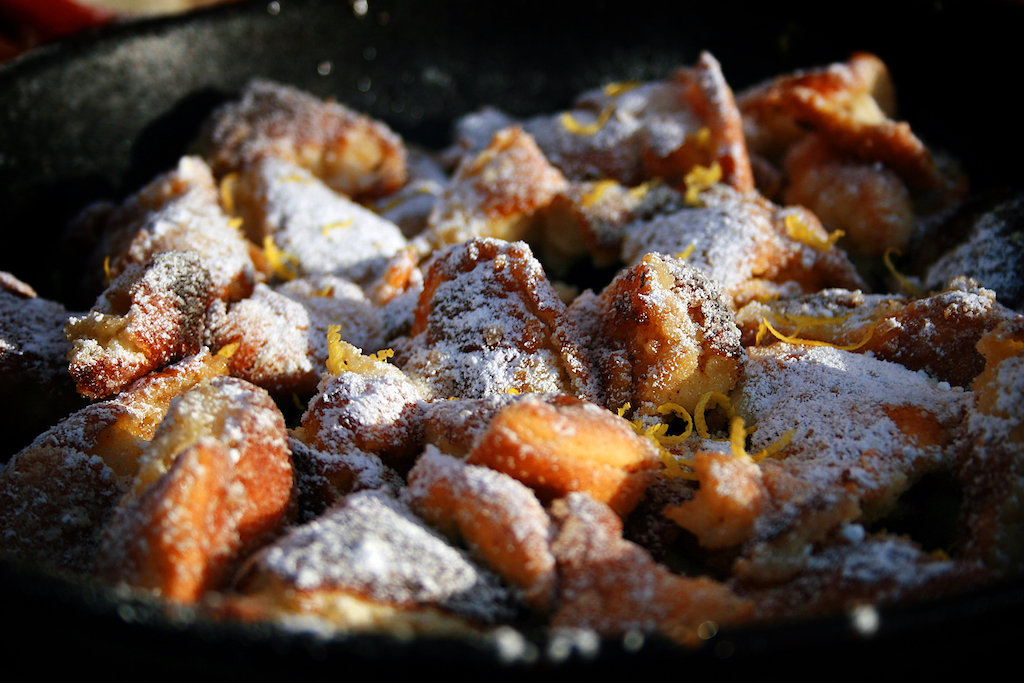

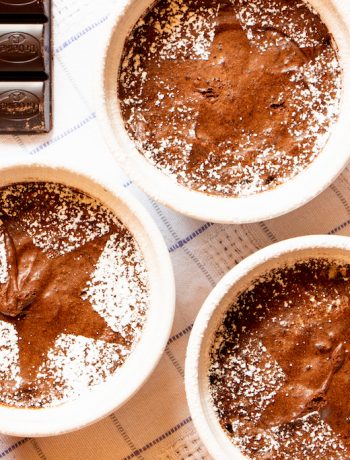
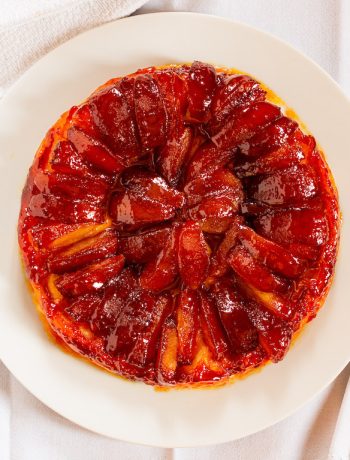
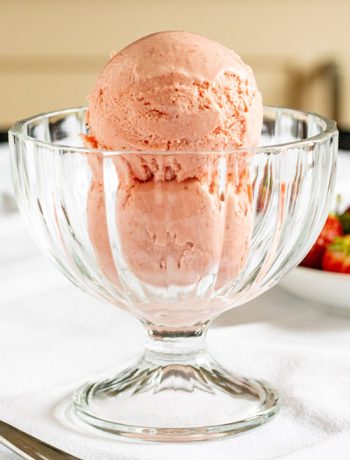
No Comments